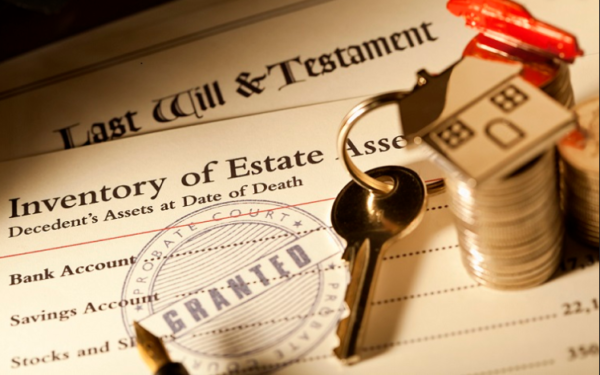
For starters, some of you may find it helpful to know that a Personal Representative in Florida is the same thing as an Executor in many other states —Florida Law just chose the term Personal Representative. A lot of times when I say that folks are like “ohhhhhhhh” and the a-ha moment occurs but if you’ve never dealt with either term this blog will hopefully clear up the basics.
A Personal Representative is responsible for gathering the assets of the Estate, protecting the estate property, preparing an inventory of the property, paying various estate expenses, paying valid claims [including debts and taxes] against the Estate, representing the Estate in claims against others, and eventually distributing the estate property to the beneficiaries. In the event the decedent passed away with a Will, the Will may often impose additional duties on the Personal Representative that are not required by law. In all cases, the first thing the Personal Representation should do is contact an attorney to see what needs to be done [as well as what may not need to be done].
Here is a quick list of the responsibilities the Personal Representative will need to handle with the assistance of an attorney representing the estate:
- Opening the Estate
- Identify Assets of the Estate
- Opening of the Estate Account
- Provide Notice to Creditors
- Preparation of an Estate Inventory and record-keeping during the administration
- Filing of Tax Returns
- Distribution of Assets and Closing the Estate
When choosing the Personal Representative for your Estate, it is critical to fully explain what comes with this responsibility to make sure they are up for the task. It is recommended to discuss your Estate Plan with an Estate Planning attorney in the State in which you reside to ensure your plan is draft correctly. If you live in the Daytona Beach or Melbourne, Florida area, call my office for a free consultation.



